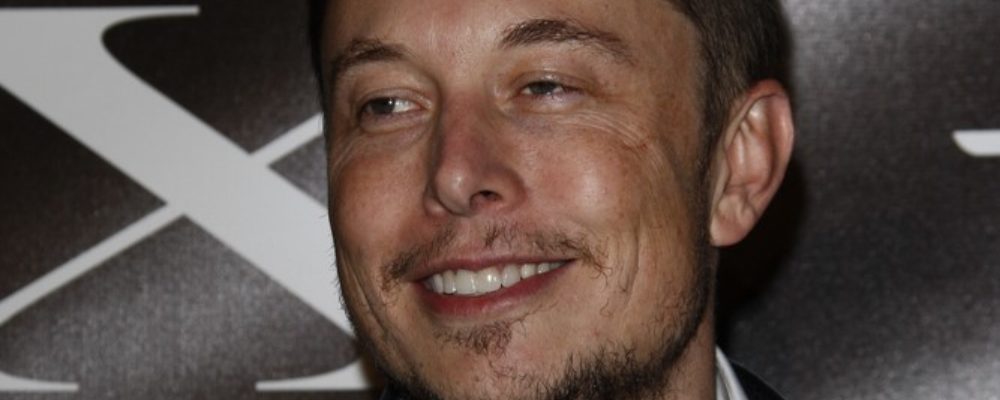Tesla chief Elon Musk has won major plaudits for a recent company email in which he addressed a series of injuries that have affected some of his production-line staff.
“No words can express how much I care about your safety and wellbeing,” Musk wrote. “It breaks my heart when someone is injured building cars and trying their best to make Tesla successful. Going forward, I’ve asked that every injury be reported directly to me, without exception. I’m meeting with the safety team every week and would like to meet every injured person as soon as they are well, so that I can understand from them exactly what we need to do to make it better.
“I will then go down to the production line and perform the same task that they perform.”
He added: “This is what all managers at Tesla should do as a matter of course. At Tesla, we lead from the front line, not from some safe and comfortable ivory tower. Managers must always put their team's safety above their own.”
Prominent business site Inc.com has hailed Musk’s email as “a masterclass in emotional intelligence (EI)”, noting: “While Musk's opening words will prove touching to some, it's his promise to take action that is most powerful. To personally meet every injured employee and actually learn how to perform the task that caused that person's injury is remarkable for the CEO of any company.”
Why isn’t there more of this attitude around? And how can that change?
“Health and safety – and other wellbeing matters – should be absolutely at the forefront of leaders’ considerations,” says Institute of Leadership and Management head of research, policy and standards Kate Cooper. “There’s no better way to demonstrate that than by expressing a willingness to do exactly the same thing that an injured staff member has done, in order to get a sense of where the problem may lie.
“Interestingly, though – and this is very relevant to EI – I think there’s a diversity issue around whether you should be able to do that which you have asked of other people or, in other words, the level of occupational competence you should have in a leadership role. I’m reminded here of a survey that leadership expert John Adair carried out in the 1960s.”
Cooper explains: “He wrote to US and UK servicemen and asked them which quality they thought was most essential in a leader. Adair expected to see a high degree of uniformity in the responses, but he did not – which goes to show that people’s ideas of what constitutes a strong leader vary wildly. But across the board, one quality that kept coming up, to a greater or lesser extent, was courage.”
She adds: “to me, courage seems like an absolutely basic occupational competence for anyone going into armed combat, or requiring others to do the same. Or, more generally, it feels like a quality that most people would expect to see in their leaders. So I think that in Musk’s instance, it is leading by example – actually following up words with actions, and speaking from the heart – that have really resonated with management experts.
“Now, is that emotional intelligence, or is it just him being totally authentic? I don’t think you have to be very high on the EI scale to not want people who work for you to get hurt. But similarly to take that sort of individual responsibility for it, and make it part of your daily agenda, is absolutely commendable.”
For thoughts on how to adapt your leadership style in order to boost your self-awareness, check out this learning item from the Institute
Image of Elon Musk courtesy of Phil Stafford, via Shutterstock

